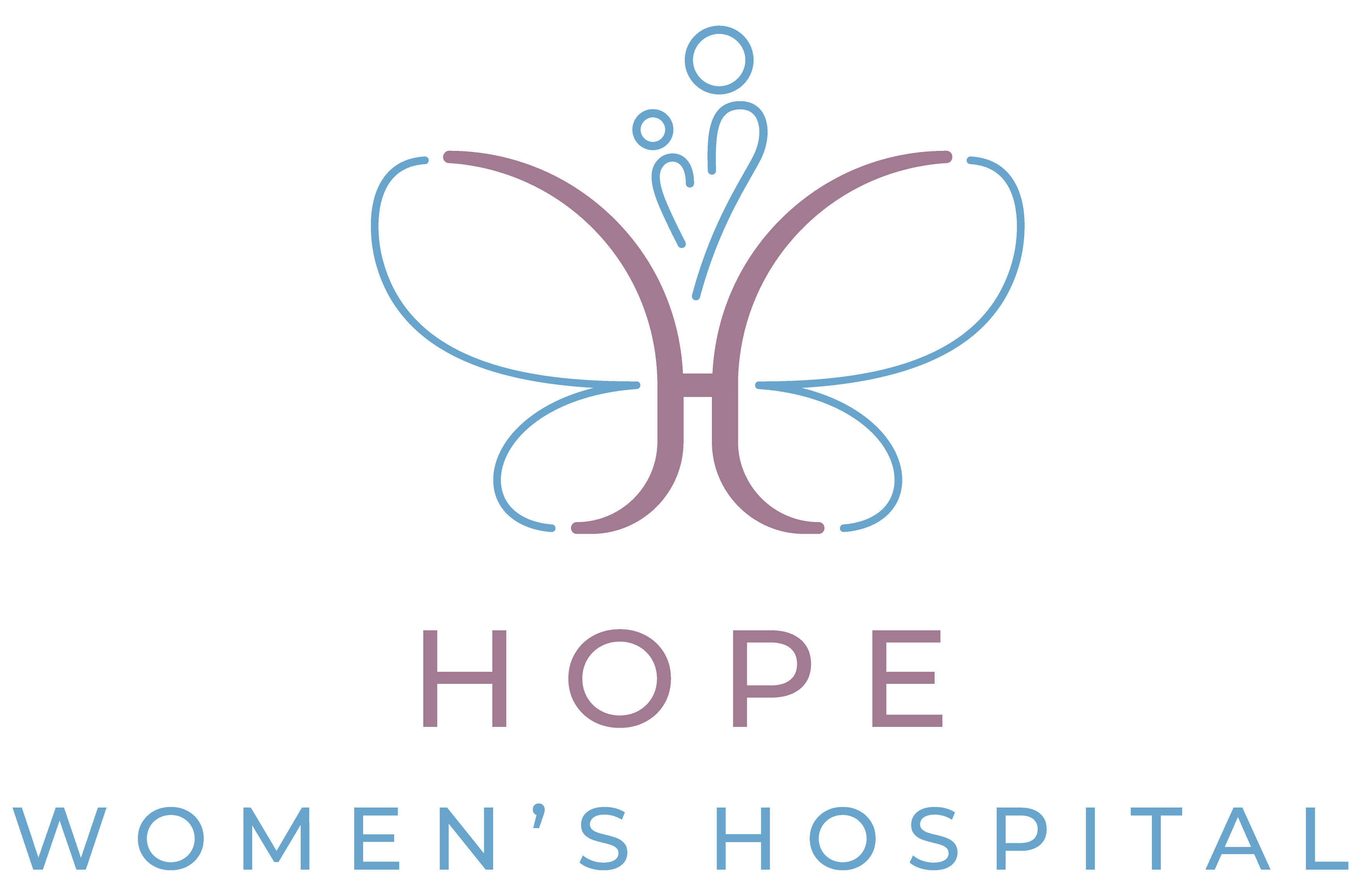Reproductive Health Screenings
- 𝗛𝗼𝗽𝗲 𝗪𝗼𝗺𝗲𝗻'𝘀 𝗛𝗼𝘀𝗽𝗶𝘁𝗮𝗹
- Reproductive Health Screenings

MON-SAT 8:00-9:00
+9199099 01123

Reproductive Health Screenings: Prioritizing Your Well-being
Reproductive health screenings are essential preventive measures that help individuals maintain optimal reproductive health, detect potential concerns early, and access timely interventions and treatments. At HOPE Women’s Hospital, we offer comprehensive reproductive health screenings, assessments, and testing services to empower individuals in managing their reproductive well-being and overall health. .Importance of Reproductive Health Screenings:
- Early Detection: Regular reproductive health screenings facilitate the early detection of reproductive organ abnormalities, infections, hormonal imbalances, and other health issues that may impact fertility, sexual health, or overall well-being.
- Preventive Care: Screening tests and assessments are preventive measures that identify risk factors, address concerns, provide education, promote healthy behaviors, and support proactive health management.
- Risk Reduction: Screenings help reduce the risk of reproductive health complications, sexually transmitted infections (STIs), infertility, gynecological cancers, pregnancy-related complications, and other conditions that may affect reproductive organs or functions.
- Education and Counseling: Reproductive health screenings include education, counseling, risk assessments, personalized recommendations, and support services to empower individuals in making informed decisions about their reproductive health, fertility, contraception, and sexual well-being.
Types of Reproductive Health Screenings:
- Pelvic Exams: Physical examination of the pelvic region, including the uterus, ovaries, fallopian tubes, cervix, and vagina, to assess reproductive organ health, detect abnormalities, and screen for conditions such as fibroids, ovarian cysts, pelvic inflammatory disease (PID), and endometriosis.
- Pap Smears: Screening test to detect abnormal cervical cells, precancerous changes, and cervical cancer (caused by human papillomavirus, HPV). Pap smears are recommended for individuals with a cervix starting at age 21 and are typically performed every three to five years depending on age and risk factors.
- STI Testing: Screening for sexually transmitted infections (STIs) such as chlamydia, gonorrhea, syphilis, HIV/AIDS, HPV, herpes, and trichomoniasis through blood tests, urine tests, swabs, and physical examinations. STI testing is important for early detection, treatment, and prevention of transmission.
- Breast Exams: Clinical breast examinations and breast self-exams to assess breast health, detect lumps, abnormalities, or changes, and screen for breast cancer. Mammograms may be recommended for individuals at higher risk or based on age and guidelines.
- Fertility Assessments: Evaluations of reproductive hormone levels, ovarian reserve, ovulation function, semen analysis (for male partners), and fertility testing to assess fertility potential, identify factors contributing to infertility, and guide fertility treatments or interventions.
- Genetic Testing: Screening for genetic disorders, chromosomal abnormalities, carrier status for inherited conditions, and genetic risk assessments to inform family planning decisions, prenatal care, and reproductive health management.
Benefits of Reproductive Health Screenings:
- Early Intervention: Screenings allow for early intervention, prompt treatment, and management of reproductive health conditions, improving outcomes, and reducing the risk of complications.
- Health Promotion: Regular screenings promote reproductive organ health, hormonal balance, fertility optimization, sexual health, and overall well-being, supporting a healthy reproductive life cycle.
- Education and Awareness: Screenings provide education, awareness, risk reduction strategies, and preventive care recommendations to empower individuals in taking proactive steps toward reproductive health and wellness.
Postpartum Contraception Services at HOPE Women's Hospital:
Our experienced healthcare providers at HOPE Women's Hospital offer personalized postpartum contraception counseling, education, and support. We prioritize individualized care, privacy, and empowerment in contraceptive decision-making after childbirth.

GET APPOINTMENT
Schedule Your Consultation
APPOINTMENT
If you are due for reproductive health screenings, concerned about fertility, sexual health, or have questions about screening tests and assessments, schedule a consultation with our experienced healthcare providers at HOPE Women's Hospital. We offer personalized reproductive health screenings, counseling, education, and support to help you prioritize your reproductive well-being and overall health.
Contact us today to schedule your reproductive health screening appointment and take proactive steps toward optimal reproductive health and wellness.

